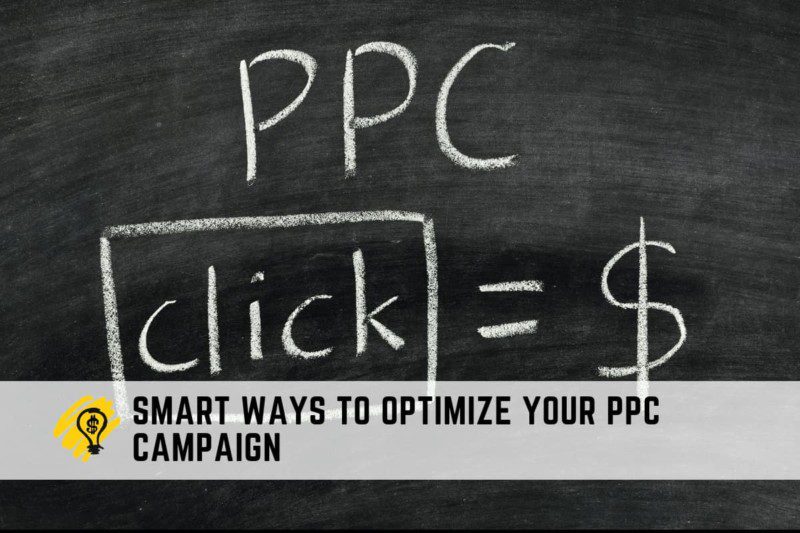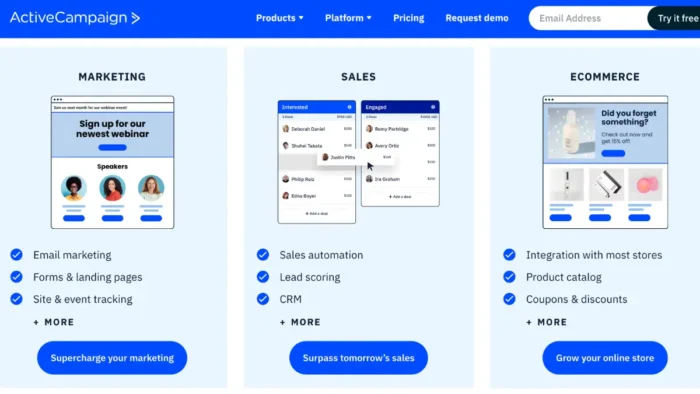PPC ads return $2 for every $1 spent — that’s a whopping ROI rate of 200%. They also generate 50% more website visitors than SEO. While a PPC marketing campaign indeed delivers fast results, it requires continual monitoring and optimizing for peak performance.
Algorithms, consumer behaviors, and competitors are ever-changing, which means you need to work to stay ahead of the curve. With a smart strategy for optimization, you can ensure your PPC campaign is successful well into the long term.
Use manual bidding
A solid bidding strategy is key to optimizing your PPC ads. Although regular automatic bidding is an easier option, the downside is you’re not able to switch up your campaign if it’s not working properly. Manual bidding, on the other hand, is customizable and therefore offers numerous benefits, including
- cheaper CPA (cost per action),
- better ad visibility, and
- the ability to prioritize high-converting keywords.
The method used for your keyword bids should ultimately be determined by your overall goals, and keep in mind you’ll need to devote a fair amount of oversight to this to ensure you bid the right amount at the right moment. Ideally, run your manual bidding campaign for at least a few weeks to determine whether or not it’s successful at decreasing CPC (cost per click) and boosting sales.
Monitor conversion tracking
When it comes to PPC marketing, Google ads is clearly king. When correctly optimized, Google Ads can drive site clicks and conversions effectively. Your number of conversions signals just how successful your campaign is – and highlights what’s working and what needs adjusting.
Conversion tracking is essential for making error-free, data-driven decisions, and free tools like GA4 and Google Tag Manager (GTM), in particular, can help make conversion tracking as simple as possible. For example, if you aim to drive conversions, you can configure tags in GTM and set goals in Google Analytics, which you can then import to Google Ads. And, if you have the same set goal across numerous channels (such as, across paid search and paid social, for example), this sort of streamlined conversion tracking is immensely valuable.
Don’t forget about remarketing.
Remarketing your PPC ads works to re-connect with potential customers who’ve clicked on an ad but didn’t complete a purchase on that initial website visit (in fact, most visitors don’t make a purchase the first time they visit a site). Remarketing gives them the effective reminder they need to make a purchase on your website.
So, create an ad group focused on targeting this segment. In most cases, remarketing lists are set at a default of 30 days, but this really depends on your unique needs. Long sales cycles, for example, may do better with a remarketing list that targets potential customers who clicked on your site in the last 60-90 days.
Optimizing your PPC campaign is key to maximizing results and driving customers and sales. By opting for manual bidding, monitoring conversion tracking, and remarketing, you can ensure your PPC ads are as successful as possible.





